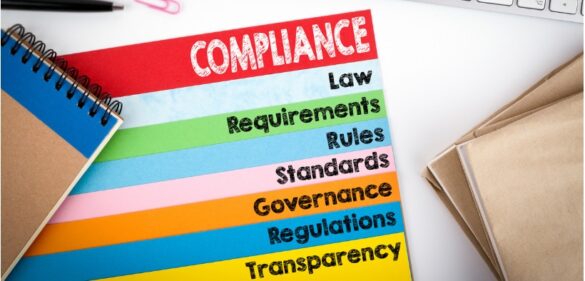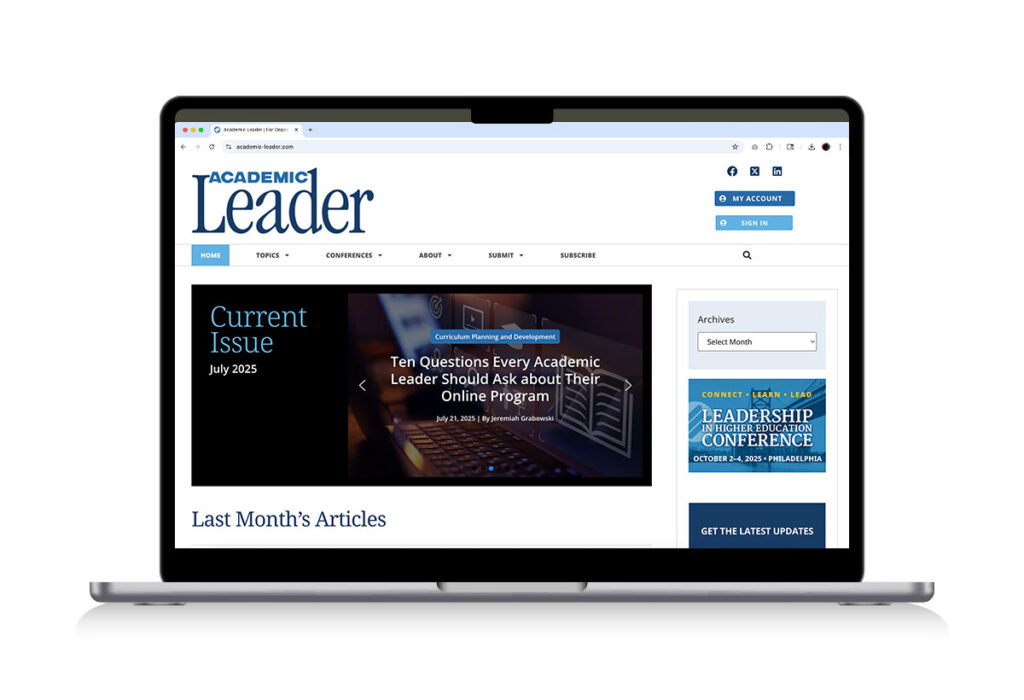Triage for Inadvertent Invention Disclosure
For more articles like this, check out an Academic Leader subscription or a free three-week trial! Academic leaders are responsible for obtaining value from innovations developed at a university. Importantly, innovation value can vanish when there is an inadvertent disclosure of an invention. A hallmark requirement for patent protection is an invention’s novelty....
Compliance in Higher Education: Six Considerations
This article first appeared in Academic Leader on February 1, 2019. © Magna Publications. All rights reserved. In the past year, compliance issues plaguing higher education touched on nearly every area of academic and social life—public space and free speech, harassment and sexual assault, academic integrity, and athletics. Universities and colleges face...
Clery’s October 1 Deadline Has Passed. What Now?
Pursuant to the Clery Act, institutions of higher education participating in Title IV programs are required to publish and distribute an Annual Security Report (and an Annual Fire Safety Report if the institution has on-campus student housing) by Oct. 1 each year. The report must include 50+ statements of policy,...
Six Practical Solutions for Racial Tensions on Campus
Almost five years ago, the Department of Education issued its “Dear Colleague” letter on Title IX and sexual violence. The letter was a not-so-subtle reminder that Title IX requires federally funded educational institutions to prevent sexual harassment and violence. After that, the day-to-day work of many higher education attorneys and...
Consumer Liability 101: Six Areas to Watch, Part II
While state consumer protection laws vary, there are certain defenses to liability that are common enough—and powerful enough—that all schools should be familiar with them. These defenses are (i) preserving and protecting your educational mission; (ii) acting in accordance with regulatory requirements; and (iii) for state schools, preserving and protecting...
Consumer Liability 101: 6 Areas to Watch, Part I
Students considering litigation against colleges and universities have powerful legal tools at their disposal: state consumer protection laws. These laws were designed to empower states and consumers to bring claims against companies that act unfairly or deceptively. Although the requirements of these laws vary from state to state, most allow...









